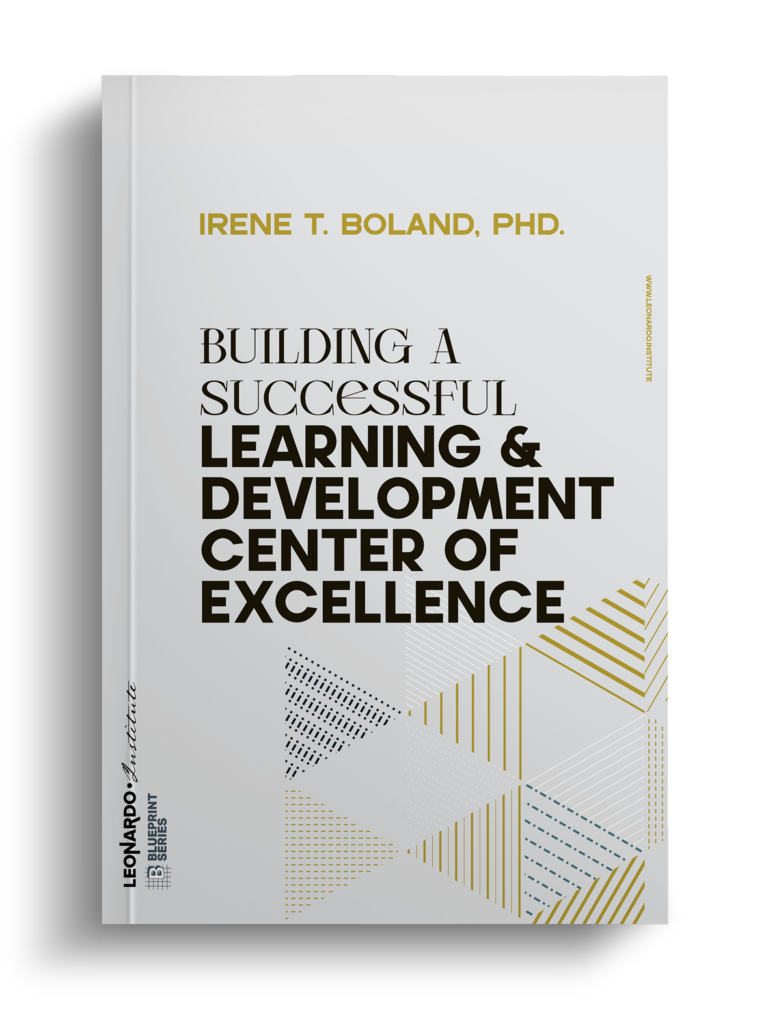Emerging technologies like artificial intelligence (AI) are starting to change many facets of education in significant ways. As AI tools and capabilities continue advancing rapidly, researchers are exploring how to harness them to improve learning. A recent study by scholars at two universities explored whether AI could enhance educational quality by making instruction more personalized and customized for each individual student’s needs and interests.
2022 Experiment
The researchers conducted an experiment with 184 university students across several psychology courses. The students used a variety of AI learning platforms and tools as part of their curriculum over a 3 month period. The AI systems provided diverse options for engagement, allowing each student to have targeted learning experiences tailored to their progress and preferences. At the conclusion of the courses, the students completed surveys giving feedback on the AI tools’ usefulness and impact on their learning process.
Potential
The study yielded very promising results regarding the benefits of AI for enabling personalized education. The top advantages identified by students included being able to access lessons 24/7 through online AI systems, having immersive practice opportunities in virtual simulated settings, having content specifically adapted to their needs and prior knowledge, receiving quick and regular feedback from the AI tools, experiencing overall improved quality of lessons, and staying mentally stimulated through engaging and challenging AI-generated exercises.
Thoughtfully implemented AI technologies have significant potential to transform standard one-size-fits-all education into more effective personalized learning
According to the researchers’ findings, the experiment demonstrated that thoughtfully implemented AI technologies have significant potential to transform standard one-size-fits-all education into more effective personalized learning optimized for each student. When AI systems can provide customized content, activities, pace, and feedback, students are able to learn in the ways most suited to their individual strengths, gaps, interests, and learning styles. This personalization appeared to drive increased engagement, motivation, and academic performance.
Cautions
However, the researchers cautioned that realizing AI’s promise in education requires careful diligence on the social and ethical front. Concerns about AI’s risks and downsides remain prevalent, including worries about job losses, lack of oversight on data privacy and algorithmic bias, and a general hesitancy to hand critical human roles fully over to AI systems. Education institutions have a responsibility to develop wise policies, protections, and accountability measures when leveraging these emerging technologies. AI should be designed collaboratively by experts across technology, human learning, and ethics.
The Ethics of AI in Education
Around the world, governments have begun crafting regulations and national strategies to encourage AI innovation while establishing guidelines for using these powerful technologies responsibly. For instance, the European Union published a set of principles centered on transparency, security, fairness, and accountability. Countries across Asia such as Japan and Singapore have released plans emphasizing AI ethics and human-centric design principles as well. However, translating ethical AI principles into binding practice remains challenging. The researchers concluded that the educational sector must take a leadership role in developing and integrating AI tools focused on benefitting people, not replacing them.
More to Learn about AI in Education
In assessing their study, the researchers acknowledged some limitations in the scope and data. Their focus remained primarily theoretical without quantitative data measuring the efficacy of AI in boosting academic performance. Follow-up studies incorporating detailed learning analytics will be important. However, they argued this experiment still provides promising initial evidence and a model personalized AI program that could inform other institutions’ efforts.
What’s next in AI for Learning
Overall, the study indicates AI has sizeable potential to enable a transformation into more student-centered, tailored education for the 21st century if thoughtfully implemented. But people must remain firmly in charge of guiding AI’s progress. Teachers and AI algorithms should cooperate, with AI handling repetitive tasks like grading to free up human time for higher-level mentoring. Continued research and vigilant focus on ethics will be crucial as schools explore leveraging these technologies. Responsible innovation and personalized human guidance will allow AI to assist, not replace, teachers in providing every student an engaging education that helps them gain skills to succeed in an increasingly AI-driven world.
Reference
Tapalova, O., and Zhiyenbayeva, N., 2022. Artificial Intelligence in Education: AIEd for Personalised Learning Pathways. The Electronic Journal of e-Learning, 20(5), pp. 639-653, available online at www.ejel.org and at https://files.eric.ed.gov/fulltext/EJ1373006.pdf


